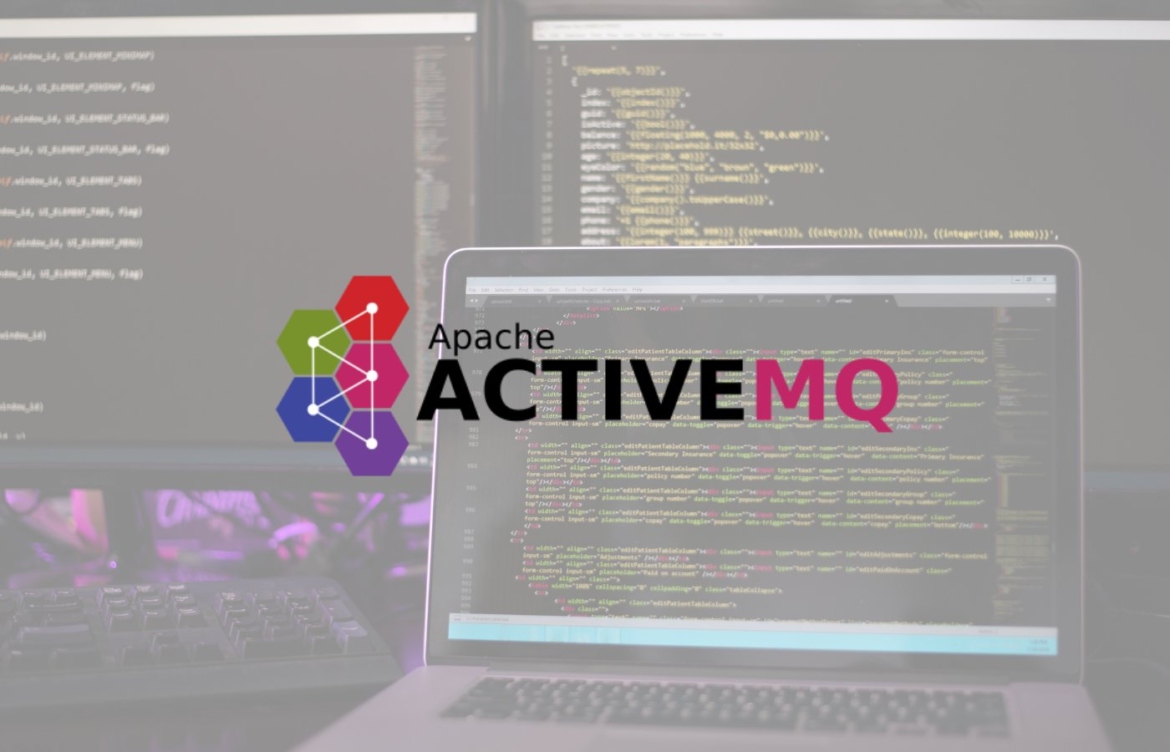editorially independent. We may make money when you click on links
to our partners.
Learn More
A newly disclosed vulnerability in the Apache ActiveMQ NMS AMQP Client could allow attackers to execute arbitrary code on vulnerable systems.
It impacts all versions up to and including 2.3.0 and stems from insecure deserialization logic in the client’s .NET implementation.
“Malicious servers could exploit unbounded deserialization logic present in the client to craft responses that may lead to arbitrary code execution on the client side,” said Krzysztof Porębski with Apache.
Potential impact
The flaw impacts organizations using Apache ActiveMQ’s .NET client library.
Because the NMS AMQP client facilitates communication between .NET applications and AMQP brokers, any system connecting to a compromised or malicious broker could be exploited.
Attackers could leverage the vulnerability to run arbitrary code, gain full system access, and potentially deploy malware or steal sensitive data. Apache rated the issue at a severity level of Important.
From insecure deserialization to remote code execution
At its core, CVE-2025-54539 arises from an insecure deserialization flaw in the NMS AMQP client library.
When the client connects to an AMQP server, it processes serialized data objects sent from the server. However, versions up to 2.3.0 fail to properly validate these incoming objects, allowing a malicious server to inject harmful data.
Through this process, attackers can craft responses that exploit unbounded deserialization, tricking the client into instantiating unsafe objects or executing malicious code directly on the host machine.
The result can be remote code execution (RCE), which could lead to full system compromise.
Although Apache attempted to mitigate this risk in version 2.1.0 by introducing allow/deny lists to limit which object types could be deserialized, they reported that researchers at Endor Labs discovered methods to bypass these restrictions.
Their analysis revealed that certain serialization paths still allowed unsafe object creation under specific conditions, rendering the previous protections ineffective.
This flaw is part of a broader class of serialization vulnerabilities that have plagued enterprise applications for years.
Such flaws often bypass standard security checks and directly manipulate program memory or logic.
Actionable security measures
Organizations can reduce exposure to deserialization and remote code execution threats by combining immediate remediation with long-term security improvements. The following best practices provide a framework for strengthening overall resilience.
- Apply the patch: Upgrade to Apache ActiveMQ NMS AMQP Client version 2.4.0 or later, which fixes the deserialization flaw and strengthens input validation.
- Secure connections: Limit AMQP traffic to trusted servers and networks using firewalls, VPNs, and network segmentation to prevent unauthorized access.
- Enable input validation and logging: Enforce strict validation of incoming AMQP data and maintain detailed logs to detect suspicious traffic.
- Enhance threat detection and response: Continuously monitor for abnormal behavior, such as unexpected outbound connections or unusual process launches, using SIEM and XDR tools.
- Harden application and runtime environments: Run services with least privilege, disable unsafe serialization features, and isolate applications through containers or sandboxing.
- Strengthen software supply chain security: Regularly audit dependencies, apply secure coding practices, and use automated vulnerability scanning and code signing to prevent tampering.
Together, these measures create a layered defense that strengthens organizational cyber resilience.
The Apache ActiveMQ incident underscores a persistent challenge in modern software ecosystems—legacy serialization mechanisms continue to introduce critical vulnerabilities as developers balance backward compatibility with evolving security standards.
It also highlights the importance of robust third-party dependency management, since a single unpatched library can expose entire infrastructures to exploitation.
The discovery reinforces the need for continuous code auditing and secure development practices, aligning closely with DevSecOps principles that integrate security into every phase of software delivery.


